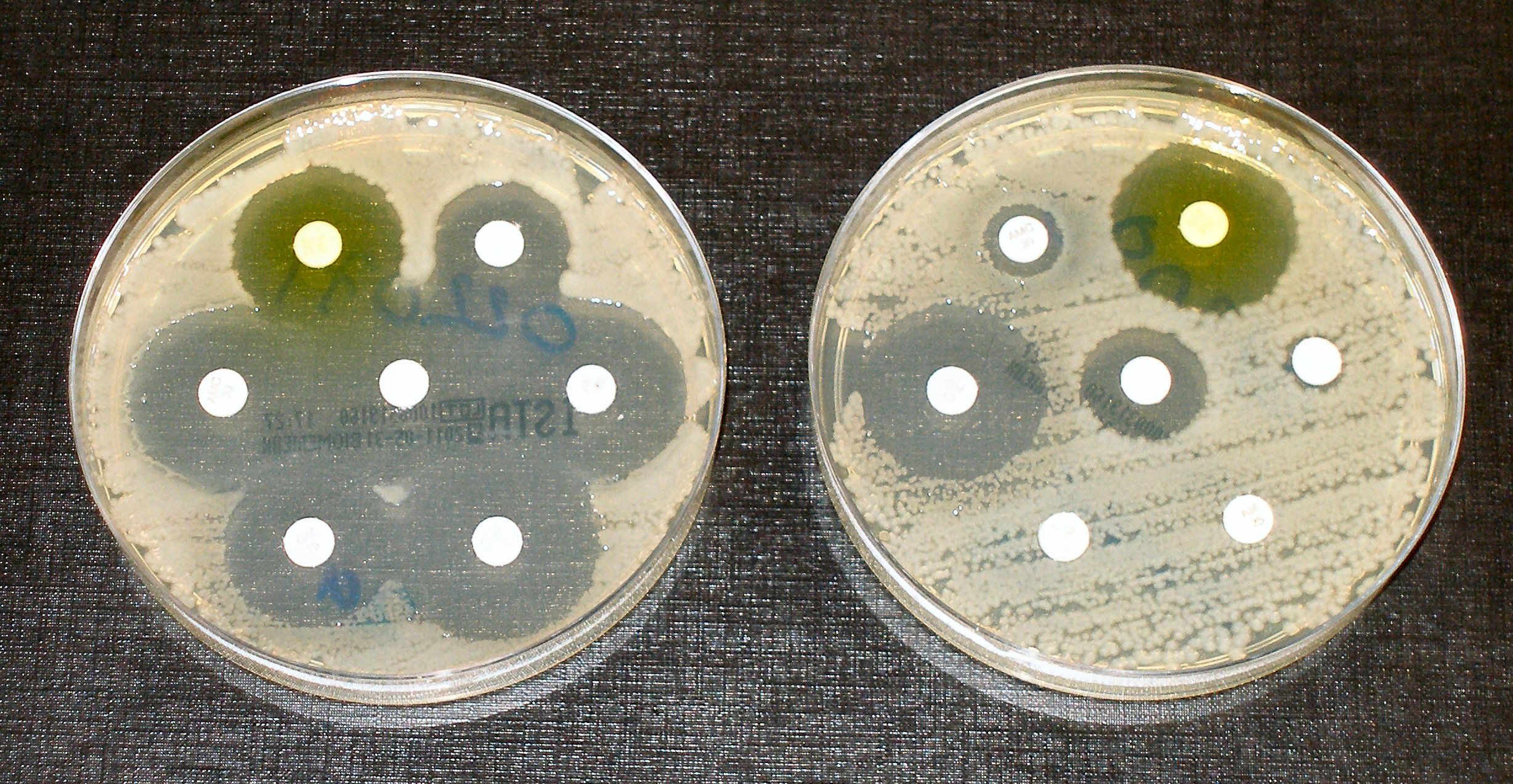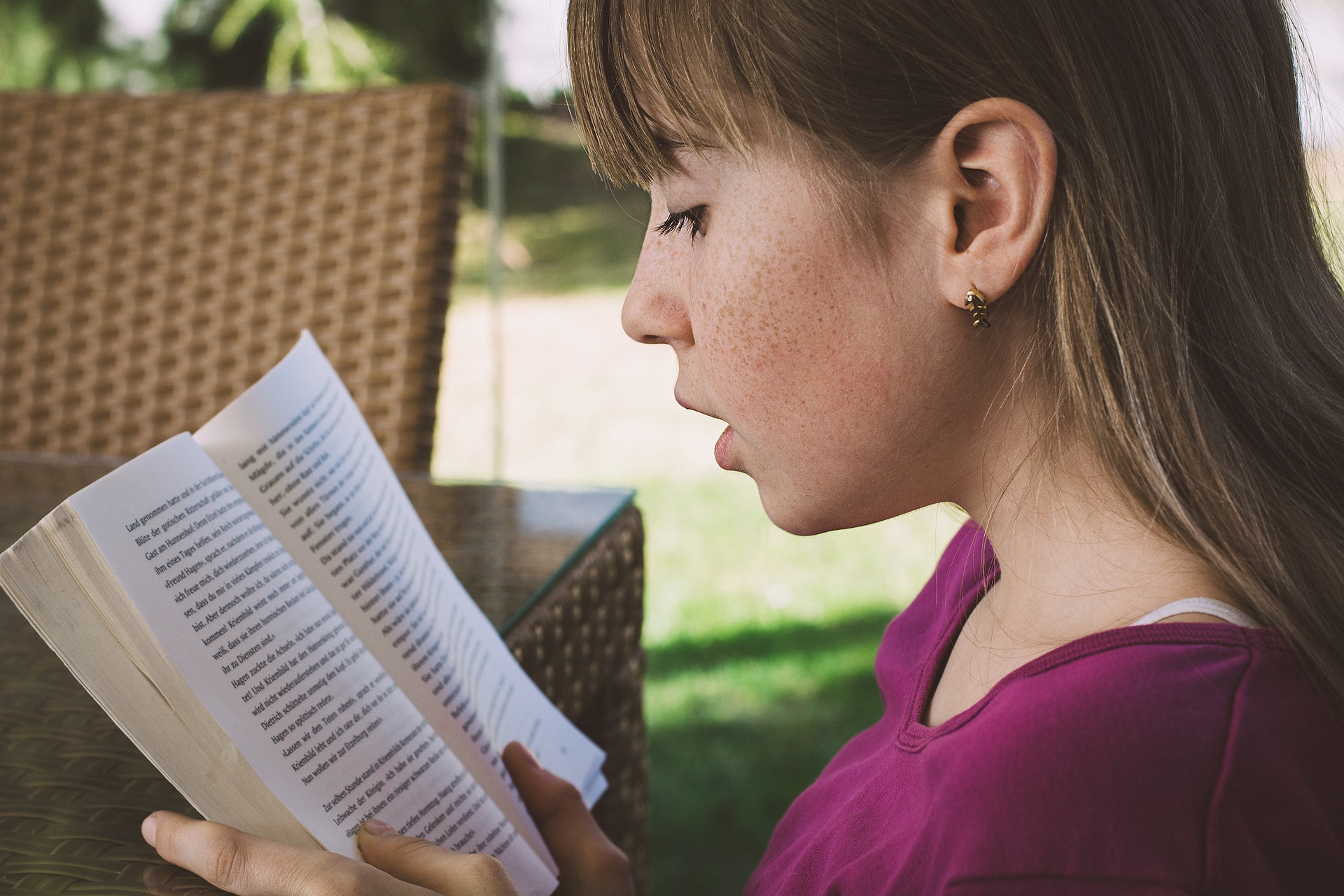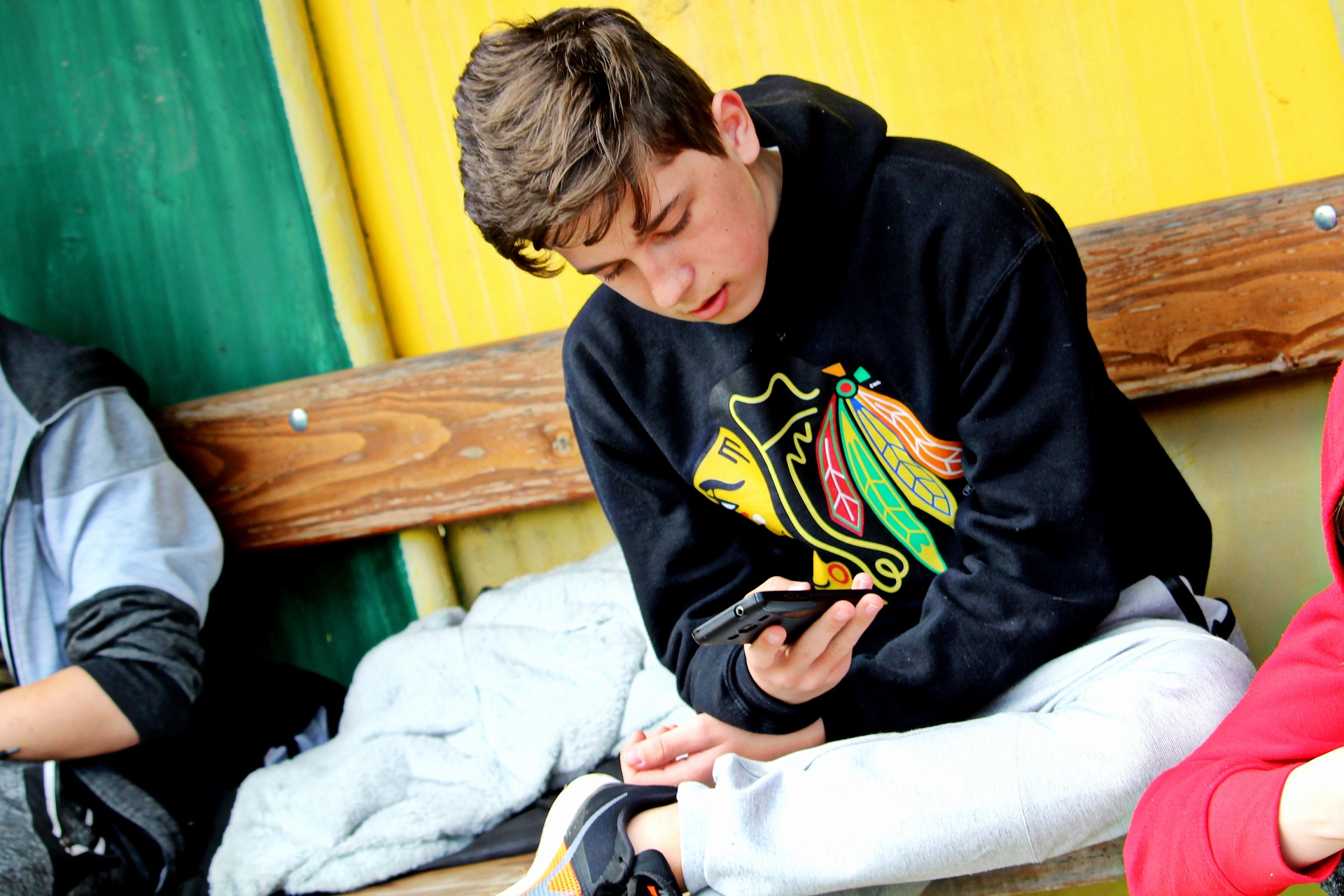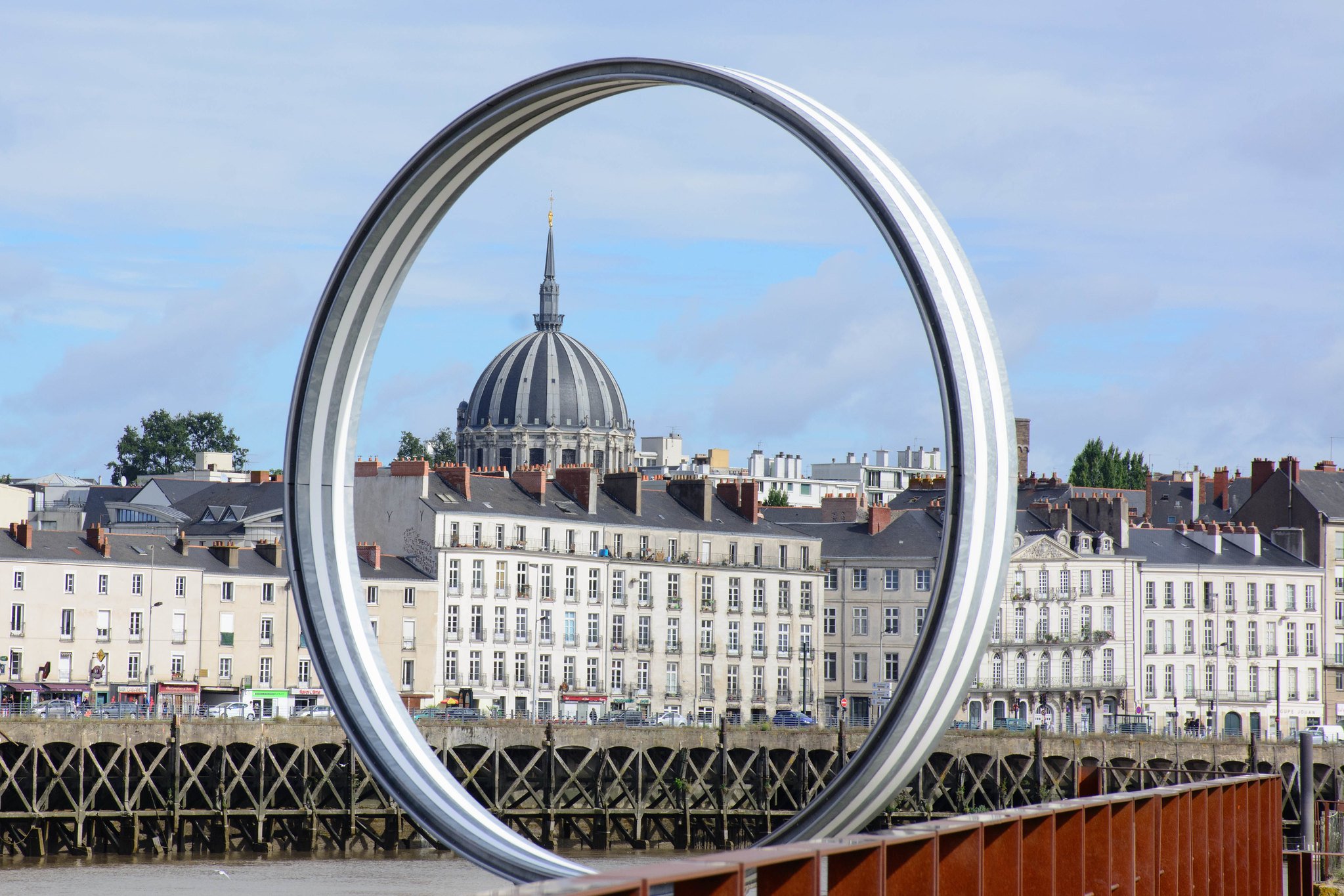Antibiotic resistance: How did we get here?
Finding ways to enlist the bacteria living in our bodies to defend against infections while better understanding their role in promoting antibiotic resistance are key to fighting this growing problem, says Dr Nassos Typas, a microbiologist at the European Molecular Biology Laboratory in Heidelberg, Germany. Antibiotic resistance is now regarded as one of the largest … Read more






